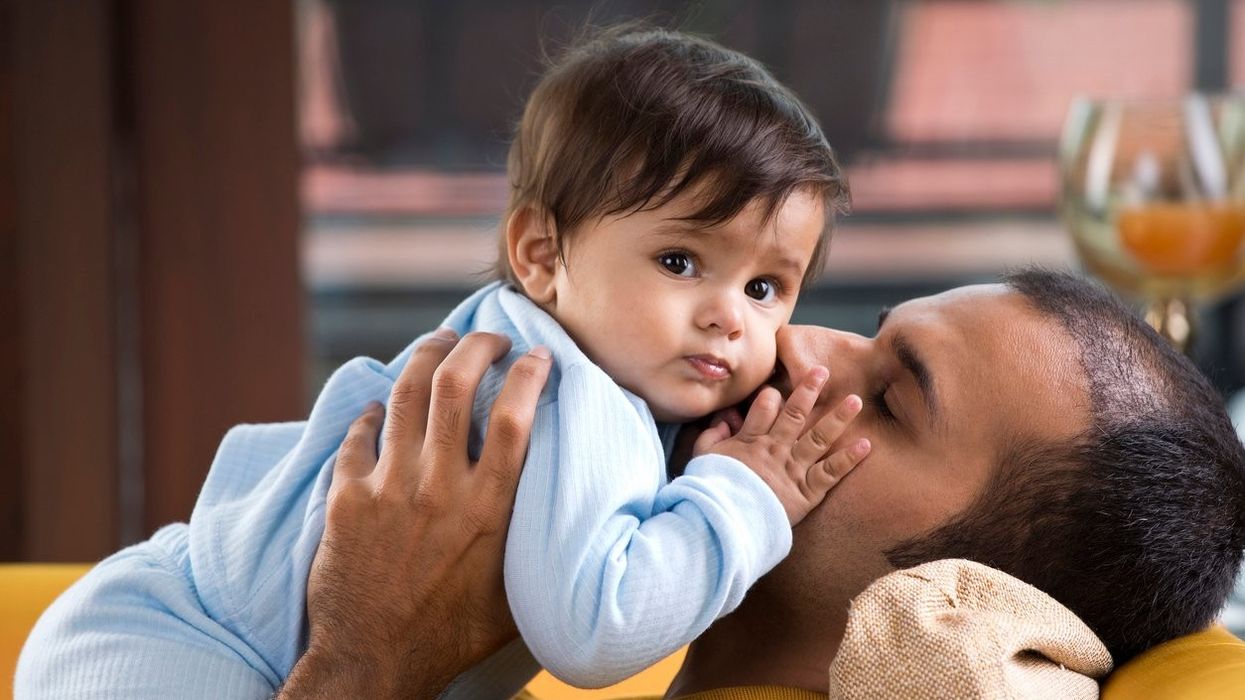ONS data reveals popular picks among ethnic minority parents
THE most popular Muslim, Hindu and Sikh baby names in England and Wales have been revealed.
Among the top 100 boys names in 2020 were Adam, Ibrahim, Muhammad, Mohammed, Yusuf and Sonny, according to new data from the Office for National Statistics (ONS).
Aisha, Jasmine, Zara, Maryam and Maya were among the trendiest 100 girls names, based on birth registration data for 2020.
Many Muslim families name their children after Islamic messengers including Muhammad, Adam and Ibrahim, as well as figures mentioned in the Qu’ran, such as Aisha and Maryam.
Muhammad was fifth overall and top in four regions of England.
Mohammed, which has also been inspired by sports figures including Liverpool footballer Mohamed Salah, was 32nd.
Kamran Uddin, a writer who works with mosques across England, told Eastern Eye, “Recently I’ve noticed a resurgence in the name Muhammad or Mohamed being adopted by Muslims.
“This could be to do with current sports superstars like footballer Mohamad Salah and Sir Mohammed Farah, the most successful British track athlete in modern Olympic Games history.
“Some Muslims will pick Anglicised-sounding names like Maria, Sarah and Hana.
“Asian families have a tendency to find names not already used by other children in the family, so they often have to think outside the box.”
Hindu names often originate from Sanskrit religious texts and the Hindi language. According to the Hindu Council UK, the most popular names for boys worldwide include Aarav, meaning peaceful; Arjun, which means bright; Dhruv, which translates as pole star; and Divansh, which means part of the divine light.
The organisation added that the most common girls’ names are Arya, which means wise; Aashi which means beautiful smile; Aarohi, which translates as a musical note; and Diya, which means lamp. Rajnish Kashyap, general secretary of Hindu Council UK, told Eastern Eye: “Families go to religious scriptures and the first letter of the alphabet and work it out that way. The birth chart also plays a part – the month they are born, the gd of that month and particular time.”
The Sikh tradition involves visiting the gurdwara with newborns to offer prayers and then opening a page (at random) of the Granth Sahib holy book.
The first letter of the first verse on the left hand page or a meaningful word on that page is often adopted. Some families also opt for names of Punjabi origin.
Harmander Singh, from the Sikhs in England think-tank, said: “Some are going back to old traditional names, 50-60 years ago from their grandparents [generation] to name their kid.
“Then there are modern names which mean nothing, but sound good, a mixture of common names. There are a lot of Anglicised names like Peter Singh or Johnny given at birth. Those in mixed marriages are likely to go for mixed names as well.
“There are concerns from religious people at the dropping of identity, some people dropping Singh or Kaur (for females) at the end of their name, which is used to distinguish gender.”
Singh added: “Children close to their parents call their child Arjun Singh, Angad, Amrit – names of historical figures.
“My five-year-old grandson Harvir has a traditional name, but at school they call him ‘Harvey’.
“My grandaughter is called Ashleen, not a traditional Sikh name, it is Punjabi.”
The ONS data, published in October 2021, showed that Oliver and Olivia remained the most popular names for boys and girls, respectively, for the fifth consecutive year.
And mothers aged 35 years and over continued to choose more traditional names while younger mums went for more modern and shortened ones.
Siân Bradford, from the ONS, said: “Popular culture continues to provide inspiration for baby names, whether it’s characters in favourite shows or trending celebrities.”




